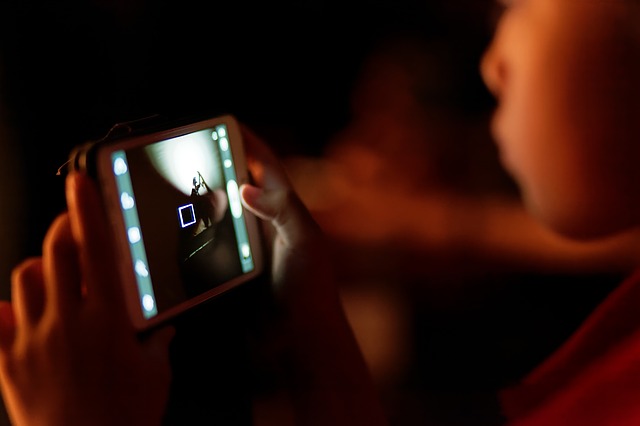In September 2018, the French government made international waves when it instated a ban on the use of mobile phones in schools. A year later, countries such as the United States of America and the United Kingdom are wondering whether a similar ban would be beneficial.
One study published by the London School of Economics tracked the impact of banning mobile phones at schools on exam scores. Researchers found that students in schools with phone bans achieve higher test scores and students who usually achieve lower marks benefited the most. “Restricting mobile phone use can be a low-cost policy to reduce educational inequalities,” concludes the study.
French law stipulates that children cannot use their cellphones when within the school grounds, as well as school-related activities. These include day trips and school sporting events. They also may not use any other devices that connect to the internet. Children with special needs, however, may be exempt from the law.
Each school is able to determine how they police the ban, which applies to children in école maternelle (pre-school), école élémentaire (equivalent to junior high school, up to age 10) and collège, up to age 15 (ninth grade). At Lycée, which a teenager attends for the last 3 years of high school, individual establishments make their own rules regarding phone use.
At the time of the ban’s announcement, many French news outlets and organisations were sceptical about how much change would really take place, as most French schools were already banning the use of phones anyway.
Since 2010, the use of phones in class has been outlawed – this new law only served to extend the ban to school premises and wider teaching time.
More than 90% of French teens between the ages of 12 and 17-years-old have smartphones, and this stat is similiar to that in the UK and USA. Surveys also show that more parents in the UK would love this ban to be implemented. Other countries such as Denmark are considering a ban as well.
Picture: Pixabay

